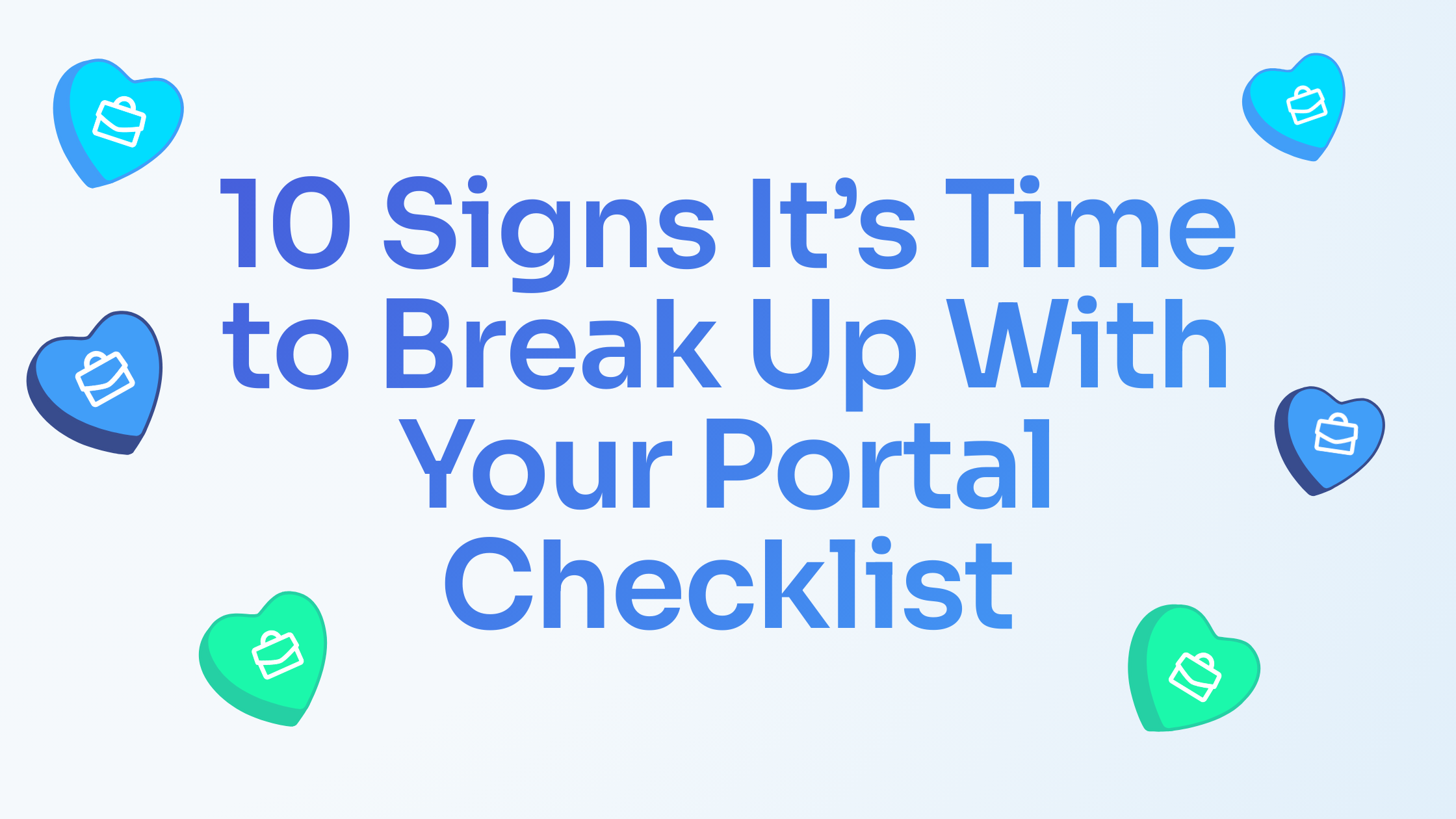
The attorney-client relationship, a fundamental cornerstone of the legal profession, remains a subject of intrigue as we delve into its intricate formation and dynamics. Imagine you are a legal client who has just reached out to your firm through your contact form. What happens next? The first point of contact is one of the most pivotal in the attorney-client relationship, but many firms overlook how impactful it can be.
A great onboarding process is just one part of establishing an attorney-client relationship. Throughout the case, you’ll have to deliver exceptional client service that ensures every individual feels like they truly matter to your firm.
This straightforward guide will show you how to start building better relationships with your clients from day one.

How Is the Attorney-Client Relationship formed?
It all starts with a message or phone call. A future client contacts your firm because they found you online or were given your contact information by someone they trust. They need your services, and they want to know how you can help them reach their goal.
The moment your firm makes contact with a prospect is when the attorney-client relationship forms. It isn’t formally established until they become a client, but everything that happens before their conversion sets the tone for future interactions.
Even though you may work round the clock for your clients, they won’t feel cared for if you don’t have a good client care strategy in place. To do this, you need a solid understanding of client-lawyer relationship rules and ethics.
What Is Attorney-Client Privilege?
This is the most important and fundamental law that affects lawyer-client relationships. Under the attorney-client privilege, lawyers are required to keep client information private. The details clients share with you about their case are confidential, and lawyers must protect their client’s right to prevent anyone else from revealing information about their case.
In order to maintain this privilege, a lawyer needs great communication with their client. They have to know all of the facts in their case, including ones that are damaging to the client.
Some clients may not be forthcoming about such information for fear it would result in losing representation. With a good client care strategy and communication skills, you can build rapport with new clients that encourages them to be open about their situation.
Any communication your firm has about legal matters with a client should stay strictly confidential. This means your legal staff must also uphold the attorney-client privilege when handling case matter or interacting with clients.
Because lawyers have to protect their clients’ right to privacy, they can generally encourage more open-ended discussions. Recognizing your clients’ possible apprehension early-on can spare you the struggle of trying to fight a case with only half the information.
By understanding and explaining the attorney-client privilege early on, you can promote deeper communication and trust with your clients.
Why Is Attorney-Client Privilege Important?
This privilege protects clients and creates a sense of security between them and their attorney. If you were convicted of a crime and know you’re guilty, you probably wouldn’t want to tell a lawyer that. Even though you know their job is to help you, revealing the truth would feel like signing your own conviction.
The attorney-client privilege encourages someone to be open about their situation, even if parts of it (or all of it) paint them in an unfavorable light.
Because the relationship is strictly confidential, a lawyer is someone their client can trust. But that trust can only be established if the lawyer is a skilled communicator. You need to be able to read between the lines and understand what’s going through your clients’ minds even if they aren’t telling you.
Part of that comes through empathy and remembering that your client is a human being like you. Their emotions are just as real as yours would be in their situation. Realizing that can help you break down the wall between lawyers and clients to deliver more compassionate client care.
What Can an Attorney Do to Create a Good Working Relationship With a Client?
Following these three tips can help you deliver better care to all of your clients.
1. Always Be on Time
Whether it’s showing up to an appointment or returning a call at a designated hour, lawyers have to be prompt. It’s not just good manners, it’s actually part of the official Model Rules of Professional Conduct laid about by the American Bar Association.
Rule 1.3 states that a lawyer “shall act with reasonable diligence and promptness in representing a client.” That’s not all, though. This rule also states that lawyers are required to act on their client’s behalf despite any “direct opposition, obstruction or personal inconvenience to the lawyer.”
You owe your clients your time, even when it isn’t easy to give. Luckily, there are tools that can make it a lot easier. Using a CRM or client communication app can help you manage your caseload more effectively without jeopardizing individual client care.
2. Don’t Take More Work Than You Can Handle
When your workload becomes unmanageable, client service inevitably suffers. Managing your work-life balance is just one reason why you shouldn’t take on more clients than you can handle. There are lawyer-client relationship ethics to consider.
A lawyer with too many clients simply can’t provide the attention, care, and responsiveness that the ABA dictates. They also can’t deliver the level of representation that their clients deserve, which ultimately harms everyone involved.
Make sure that when you are growing your practice, you’re only doing so at a sustainable pace. One way to manage your growth is by integrating a CRM into the mix. This software helps you track your current cases, manage them more effectively, and stay on top of all your leads.
3. Don’t Sacrifice Self-Care
Lawyers may be called to act on their client’s behalf despite personal inconvenience, but that does not mean completely ignoring your own needs. Lawyers can only deliver great representation if they’re physically, mentally, and emotionally well.
A lawyer who stops eating properly, barely sleeps, and neglects their personal well-being can’t deliver the quality of care their clients deserve.
Working long days is part of the job, so make sure you’re taking regular breaks and giving yourself time to recharge after-hours.
4. Enhance Communication
Better communication increases client satisfaction and improves legal outcomes. One way to make interactions more meaningful is by incorporating Case Status into your firm. Our legal client app is helpful at every step of the case, and it allows lawyers to manage all of their communications in one simple platform.
Case Status can help you generate legal clients by providing a seamless and personalized client experience through its innovative client app, fostering trust, satisfaction, and positive word-of-mouth referrals.
From templated messages to real-time translation, you can handle all your clients with ease by using Case Status to support them.
Learn more today by requesting a free consultation with one of our team members. We’re here to help you make your clients happier.



